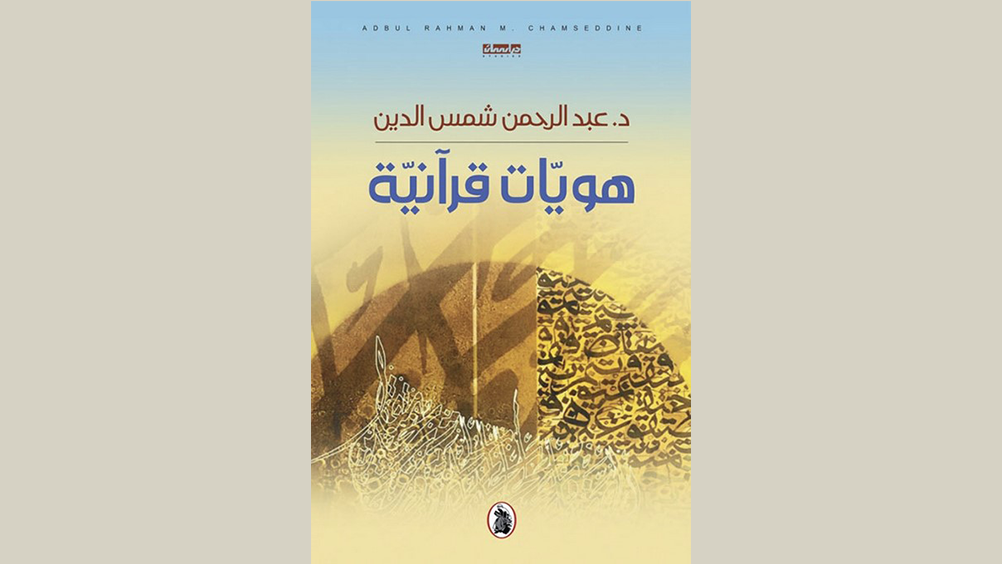Arabic Language Scholar Publishes Groundbreaking Research of the Quran

Dr. Abdul Rahman Chamseddine, Assistant Professor at Georgetown University in Qatar (GU-Q), has released a new book entitled “Qur’anic Identities.” Offering a comprehensive analysis of key terms found in the Qur’an, the scholar of Arabic delves into the realms of linguistics, history, and theology to unravel the origins of the terms while shedding light on their diverse contexts and interpretations through history.
“I have dedicated my research to a study of a number of vocabulary and terms found in the Qur’an that pertain to religious and social groups, which might have different meanings after digging deeper,” he said. His work focuses on the Arabian Peninsula around the emergence of Islam and the transformative periods during and after its establishment, where significant changes and rapid events shaped the context and meaning of these terms. “Through this study, I aim to shed light on these crucial aspects and contribute to a deeper understanding of the complexities within the Quranic discourse.”
The book’s primary focus lies in addressing the terms, “Al-A’rab”, “Al-Hunafa'”, “Al-Siddiqun”, and “Al-Sahaba”. By meticulously studying the vocabulary and terminology associated with religious and social groups, Dr. Chamsedinne seeks to provide a comprehensive understanding of early Islamic history, marking a significant contribution to scholarly research in the field.
Dr. Radwan El-Sayed, Dean of Graduate Studies at Mohammed bin Zayed University of Humanities and a Muslim thinker, praised the work, saying: “Through critical approaches, comparisons, and a return to the origins of expressions and terms, Dr. Chamseddine has achieved enlightening insights that cannot be ignored.”
Chamseddine credits recent developments in archaeological research on the history of Islam in the Arabian Peninsula for inspiring further developments of his research in the future, saying, “These new opportunities have paved the way for further exploration of the Arabic language and its origins, allowing researchers to delve deeper into the fascinating realms of Islamic history and civilization.”
Dr. Chamseddine also recently published a new handbook titled “Spoken Arabic: The Third Language ” that offers professors and learners of Arabic a practical guide for the application of the “third language” suggestion popularized by Tawfiq al-Hakim who applied certain colloquial forms of the language to classical Arabic in order to make it easier to speak.